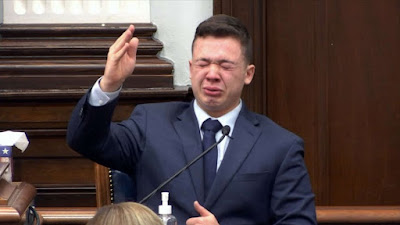The book that changed my direction toward the moments described best by poetry is one I happened to begin a couple weeks ago,
Danse Macabre, a biography of
Francois Villon by French historian Aubrey Burl. I vaguely remember reading Villon many years ago, mostly because I was reading a lot of erotic or bawdy poetry then as much of my own poetry was focused there.
But Burl writes of him
Villon was born in an age of turbulence, a time of vast contrasts in wealth and poverty, in piety and villainy, in barbarity and artistry. It was a period of change during which he rejected the sterility of [common] verse in favor of sharply realistic poetry...Villon was himself a contrast...Many of his verses are remarkable descriptions of the decent delights and indecent depravities of the Paris that he knew so well: bishops and brothels; priests and prisons; clerics and criminals; Te Deums and taverns; ladies of the nobility and ladies of the streets. This empathy with everyday life and his awareness of its brevity enabled him to write poetry so ingeniously crafted that it seems to speak without art, person to person, to his readers.
I don't claim, as Burl also writes, "artistic brilliance" as a condition of my writing, although there was a period when I wrote formal poetry. It made me appreciate the work that goes into that. Here is a bit of Villon.
When I consider the dry bones
In charnel houses, skulls lacking name,
Which were the poor or the wealthy ones?
Masters of Requests, men of fame
Or common porters? Now the same.
King's man, merchant, soldier, baker,
To this none-ness they all came,
Bishop like a candle-maker.
My other primary read, or rereading, is
Poets on Street Corners, an anthology of Soviet dissident poets by
Olga Carlisle, with her husband half the team known for translating Solzhenitsyn's
Gulag Archipelago. This 1970 paperback was the place where I'd first found the Anna Akhmatova poem I quoted in my last post, and it has remained with me since at least the early 80s when I bought it for the .25 cents penciled on the cover. Aside from Akhmatova the other poet I remember best from this book is the controversial
Yevgeny Yevtushenko, whose opening to "Babi Yar" still haunts me.
There are no monuments on Babi Yar,
A steep ravine is all, a rough memorial.
Fear is my ground--






